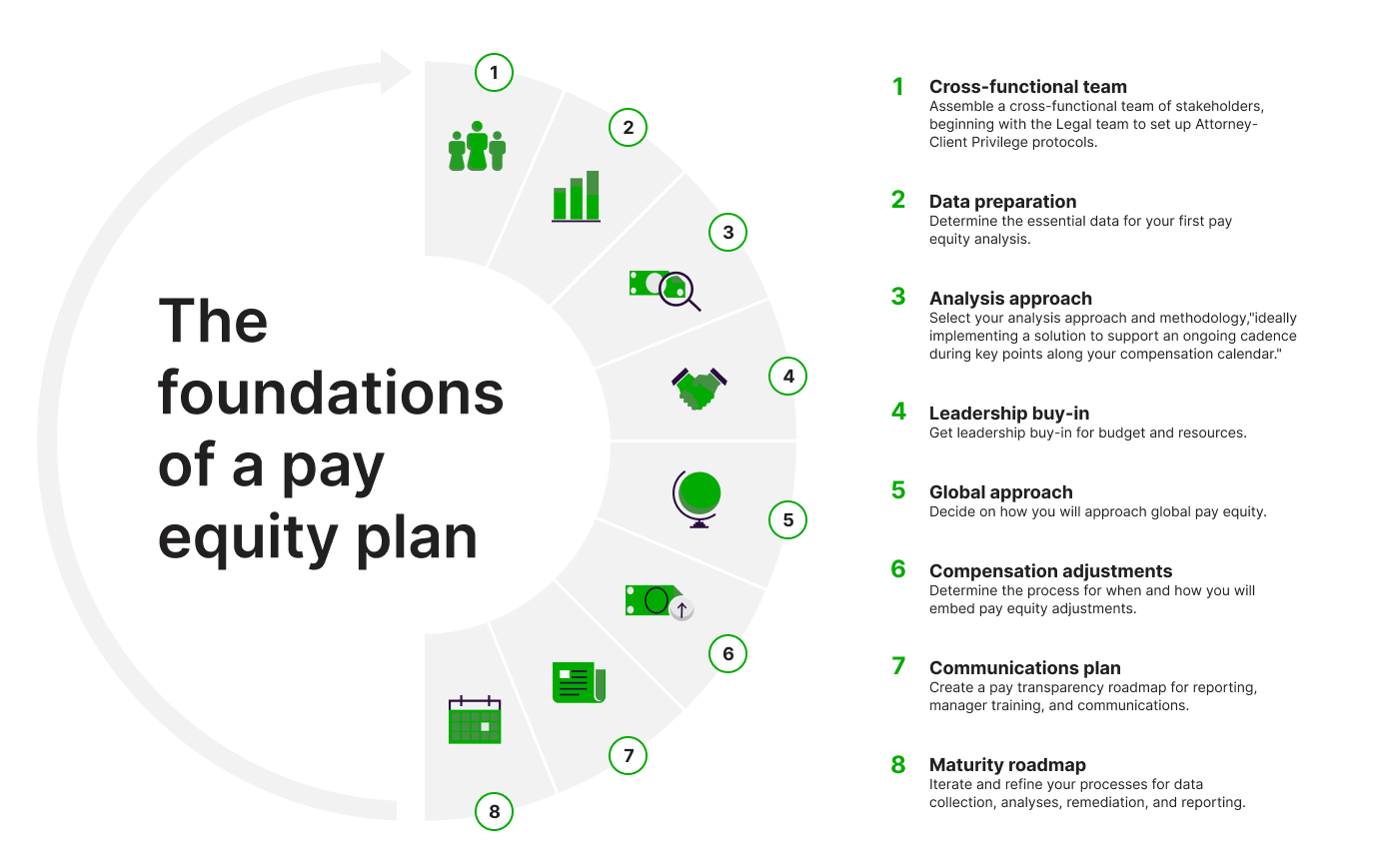Salary benchmarking is a critical process that involves comparing an organization’s compensation practices to industry standards and market rates. By analyzing salary data from various sources, organizations can ensure that their pay scales are competitive and equitable.
Why is Salary Benchmarking Important?
- Attracting and Retaining Talent: Competitive salaries are crucial for attracting top talent and retaining high-performing employees.
- Fairness and Equity: Benchmarking helps ensure that employees are compensated fairly based on their roles, experience, and performance.
- Budgeting and Planning: It provides valuable insights for budgeting and forecasting future compensation costs.
- Risk Mitigation: By staying informed about market trends, organizations can minimize the risk of legal challenges and employee dissatisfaction.
Key Steps in Salary Benchmarking
- Identify Benchmark Jobs: Select key positions that are critical to the organization and representative of various job levels.
- Collect Market Data: Gather salary data from various sources, such as salary surveys, industry reports, and online databases.
- Analyze Market Data: Analyze the collected data to identify salary ranges, trends, and factors influencing compensation.
- Compare Internal Pay Practices: Compare the organization’s current pay practices to the market data to identify any gaps or inconsistencies.
- Adjust Pay Scales: If necessary, adjust pay scales to align with market rates and ensure internal equity.
- Monitor and Re-evaluate: Regularly review and update the benchmarking process to stay current with market trends and organizational changes.
Challenges in Salary Benchmarking
- Data Quality: Ensuring the accuracy and reliability of salary data is crucial.
- Job Comparability: Identifying comparable jobs across different organizations can be challenging.
- Economic Fluctuations: Economic downturns or upturns can impact salary trends and require adjustments to pay scales.
- Industry-Specific Factors: Industry-specific factors, such as technological advancements or regulatory changes, can influence compensation levels.
Best Practices for Effective Salary Benchmarking
- Partner with HR Consultants: Consider partnering with HR consultants to conduct comprehensive benchmarking studies.
- Utilize Multiple Data Sources: Combine data from various sources to get a more accurate picture of market rates.
- Consider Total Rewards: Benchmark not only base salaries but also total rewards packages, including benefits, bonuses, and incentives.
- Stay Informed: Keep up-to-date with industry trends and economic conditions.
- Communicate Effectively: Communicate compensation decisions transparently to employees to build trust and understanding.
By implementing a robust salary benchmarking process, organizations can make informed decisions about compensation, improve employee satisfaction, and achieve their strategic goals.




